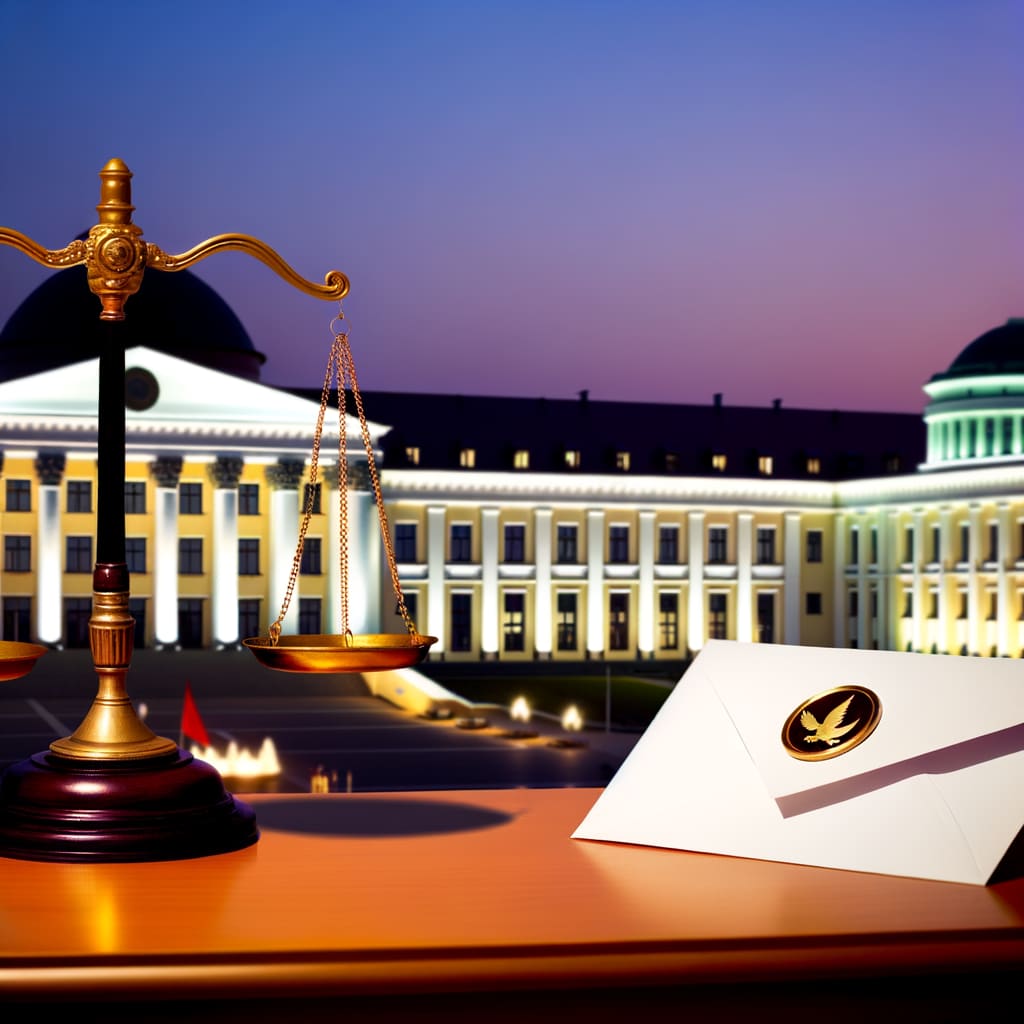Belarus Releases 52 Political Prisoners in US-Brokered Deal, Gains Sanctions Relief
In a move seen as an attempt to balance ties between Russia and the West, Belarusian President Alexander Lukashenko has freed 52 political prisoners after negotiations with a US envoy, leading to the lifting of sanctions on the country's national airline, Belavia.
Background
The release, one of the largest during Lukashenko's authoritarian rule, comes as the Belarusian leader seeks to normalize relations with the United States amid hopes of sanctions relief. The Belarusian president has also been noted to have taken a highly constructive approach during the negotiations.
This move comes shortly before the Russian-Belarusian military exercises Zapad-2025, and is regarded as a strategic decision by Lukashenko. However, it is important to note that more than 1,000 political prisoners remain in detention in the country.
Key Developments
Among the freed prisoners were 14 foreigners comprising six Lithuanians, two Latvians, two Poles, two Germans, one French, and one British national. The released prisoners also included historical opposition figure Nikolai Statkevich.
John Coale, the US presidential envoy, announced the lifting of sanctions on Belavia, Belarus's flag carrier. The airline had been blacklisted by the Biden administration in 2023 over alleged election fraud and involvement in the Ukraine conflict.
International Reactions
Lithuanian President Gitanas Nauseda expressed deep gratitude to the United States and personally to President Donald Trump for their continued efforts to free political prisoners. The 52 released prisoners were reported to have crossed the border into Lithuania.
Implications
The release of the prisoners and subsequent lifting of sanctions signal a significant shift in US-Belarus relations. As part of the agreement, Belarus has committed to a more open and democratic political process, with the understanding that additional sanctions relief could follow if the country continues on its current path.
However, the move has also been interpreted as Lukashenko's latest attempt to balance ties between Russia and the West, with the prisoner release seen as part of an effort to win US favor and achieve sanctions relief.
Conclusion
Despite the release of 52 prisoners, human rights organizations warn that there are still more than 1,000 political prisoners in Belarus. Nevertheless, the prisoner release and subsequent sanctions relief have been hailed as a significant moment in the history of Belarus. The Belarusian government's future actions will be closely watched by international observers, with further developments likely to have significant implications for the country's international relations.

